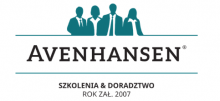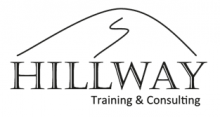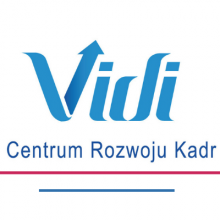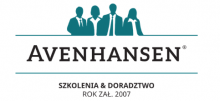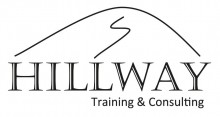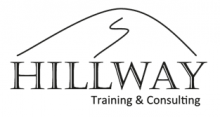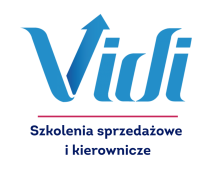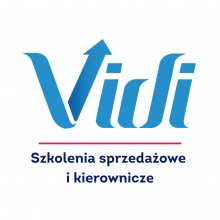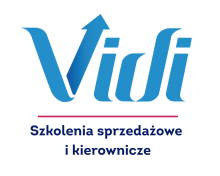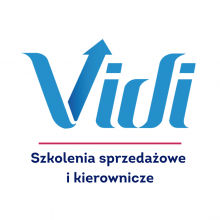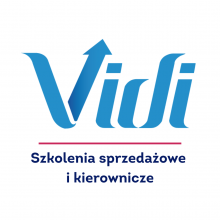Training objectives
Mastering negotiation tactics for real-world situations
Participants will learn how to use proven negotiation tactics to gain leverage, navigate difficult conversations, and achieve better outcomes in both cooperative and competitive scenarios.
Understanding how the brain reacts under negotiation pressure
Participants will explore how stress affects decision-making and how to manage their own automatic reactions (fight, flight, freeze, fawn) to stay sharp and in control.
Recognizing and countering manipulation
Participants will develop the ability to detect hidden pressure techniques and manipulative strategies – and respond with calm, assertive, and tactically sound communication.
Using structured methods to drive outcomes
Participants will apply practical frameworks – including the Harvard Negotiation Method – to structure conversations, build BATNA, and negotiate based on interests, not emotions.
Adapting tactics to people and power dynamics
Participants will learn to adjust their negotiation approach based on partner type, cultural background, and power balance – including tactics for dealing with monopolists and dominant players.
Building long-term value through strategic negotiation
Participants will discover how to balance short-term wins with long-term relationship building, using a tactical mindset that strengthens trust and delivers sustainable results.
Estimated contribution of the practical part: 70%
Duration: 2 days for 7 h
Programme and exercises:
Module 1: Who Are You Negotiating With?
Understand the different negotiation styles and roles.
Participants will learn how to identify partner profiles, assess motivations and values, and map key stakeholders to prepare for strategic conversations.
Module 2: Negotiating Under Pressure and Stress
Explore how stress and pressure affect decision-making and communication.
Participants will recognize their own stress responses (fight, flight, freeze, fawn) and develop strategies to stay calm, focused, and effective in challenging situations.
Module 3: Manipulation Techniques in Negotiation
Learn how to spot and respond to manipulation during negotiations.
Participants will explore common tactics (emotional pressure, confusion, false deadlines) and practice assertive communication to maintain control and protect their interests.
Module 4: Master Negotiation – The Harvard Method
Apply the principles of interest-based negotiation to build strong, lasting agreements.
Module 5: Negotiating with Monopolists and in Unequal Power Situations
Handle tough negotiations where alternatives are limited or the other side holds more power.
Participants will learn how to build partial alternatives, create interdependence, and use strategic levers beyond price (e.g., terms, service, volume).
Module 6: Win–Win or Win–Lose? Strategic Choices in Negotiation
Understand when to cooperate and when to protect your bottom line.
Participants will explore negotiation dynamics, recognize escalation patterns, and adjust their strategy to balance relationship-building with assertiveness.
Training Methods and Practical Exercises
The sessions will be delivered using interactive and experiential learning methods, enabling participants to develop skills through practice and reflection. The following training techniques will be applied:
• Discussions – both trainer-led and peer-driven conversations that encourage deeper reflection, confrontation of perspectives, and collective problem-solving.
• Practical exercises – focused on performing targeted tasks designed to enhance specific interpersonal skills and increase individual effectiveness in real-life situations.
• Case and scenario analysis – based on real or fictional events that participants first explore at a surface level, then investigate more deeply to identify causes, consequences, and possible solutions.
• Simulations – recreating realistic tasks and team dynamics under near-authentic conditions to help participants test new approaches in a safe environment.
• Role-playing – allowing participants to step into various professional roles and receive structured feedback to improve communication, self-awareness, and conflict resolution strategies.
• Questionnaires and self-assessment tools – helping participants identify their typical patterns, behaviors, and preferences in communication and conflict situations.
Oferees:
- Procurement and purchasing specialists.
- Sales representatives and account managers.
- Project and product managers.
- Business development professionals.
- Team leaders and department managers.
- Anyone who negotiates with clients, suppliers, or internal stakeholders.


